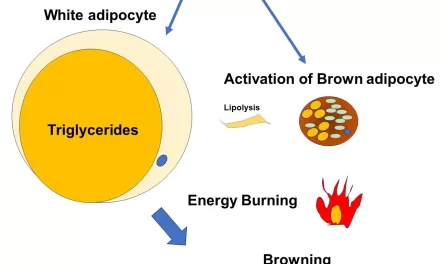17 March 2024 – Global Health Alert
Health experts have underscored the critical importance of early detection in the effective treatment of endometriosis, a painful gynecological condition often overlooked as severe menstrual cramps. According to specialists, early diagnosis and intervention can significantly alleviate symptoms and potentially mitigate the long-term impact of the disease.
Endometriosis, a condition affecting approximately 190 million women globally, with an estimated 43 million cases in India alone, presents a significant health challenge for millions of girls and women of reproductive age worldwide.
While there is currently no known method for preventing endometriosis, experts stress that prompt identification and management can help slow down the progression of the disease and alleviate its debilitating symptoms. The World Health Organization (WHO) highlights the importance of early intervention in reducing the burden of symptoms and potential risks associated with endometriosis, including central nervous system pain sensitization.
Gayathri D Kamath, Senior Consultant in Obstetrics & Gynecology at Fortis Hospitals, Bannerghatta Road, Bangalore, emphasized the variability of endometriosis symptoms and cautioned against dismissing them as routine menstrual discomfort. Kamath outlined key indicators, including dysmenorrhea (excessive menstrual pain), dyspareunia (painful intercourse), chronic pelvic pain, severe backache, and persistent painful urges to defecate during menstruation.
In addition to these symptoms, infertility can also be linked to endometriosis, further highlighting the need for timely diagnosis and intervention.
Vicky Makker, MD, a Gynecologic Oncologist at Memorial Sloan Kettering Cancer Center (MSK), stressed the potential link between endometriosis and endometrial cancer, urging increased awareness and early detection efforts. Makker emphasized the rising incidence of endometrial cancer globally, particularly among younger women, emphasizing the importance of recognizing associated risk factors such as early menarche, late menopause, nulliparity, and genetic syndromes.
While hormone therapy may offer relief from endometriosis symptoms, surgical intervention, such as laparoscopy, may present a more effective treatment option for some individuals.
The collective insights from experts underscore the urgency of early detection and intervention in addressing the challenges posed by endometriosis, ensuring better outcomes and improved quality of life for affected individuals worldwide.
As efforts continue to raise awareness and promote early detection, individuals are encouraged to seek medical guidance promptly if they experience symptoms suggestive of endometriosis, empowering them to take proactive steps towards effective management and treatment.











